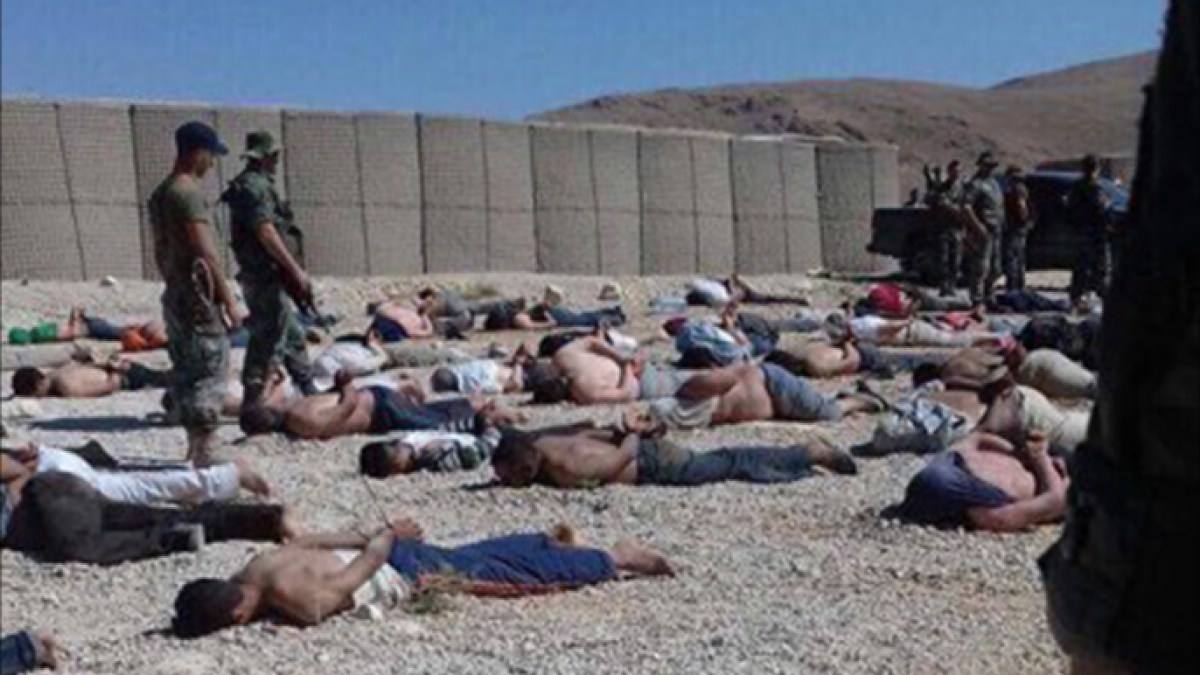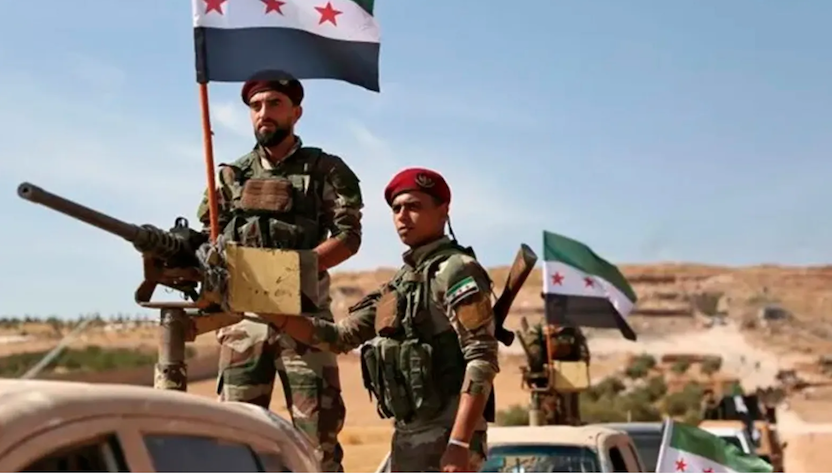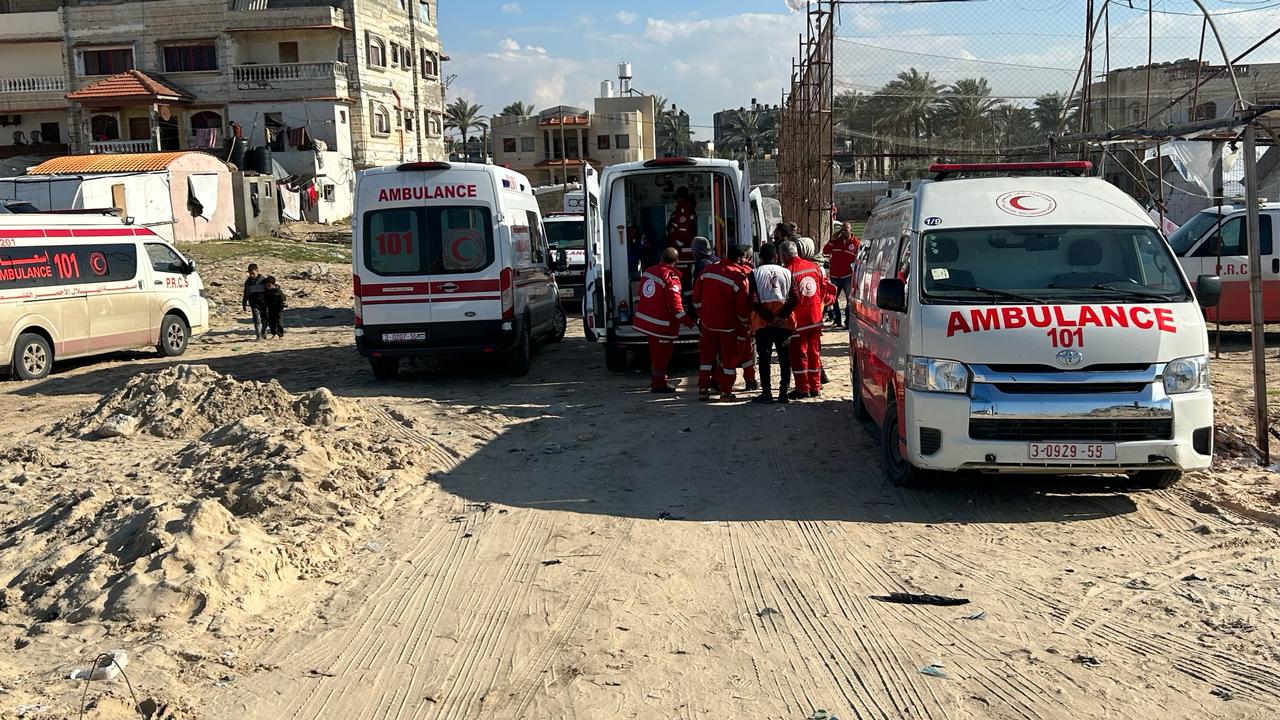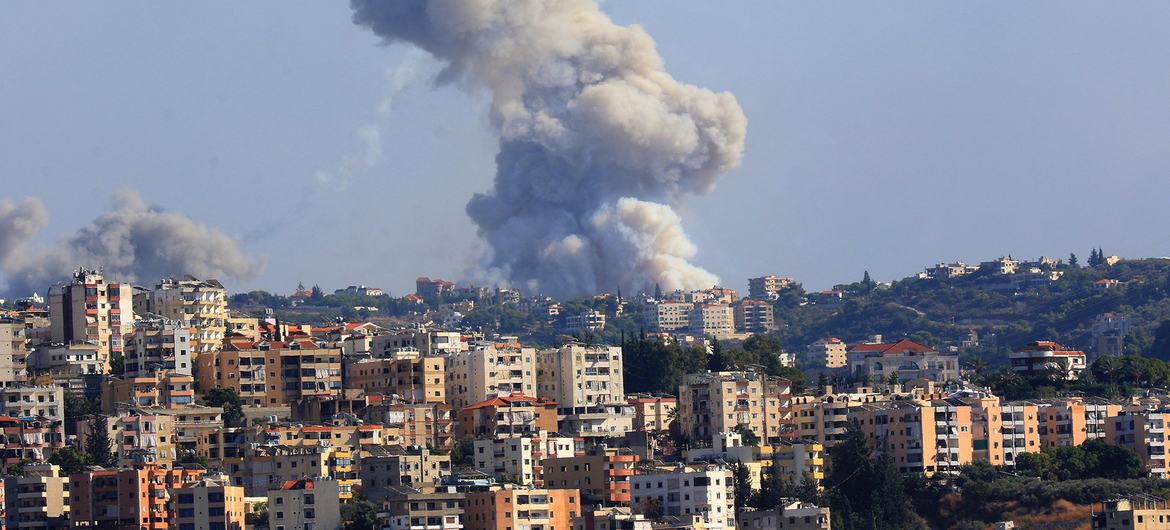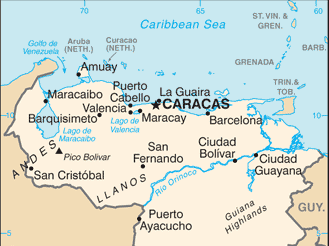
Trump instates ’emergency’ measure on Venezuelan oil
President Trump issued an executive order declaring a “national emergency” to block judicial processes from being instituted against Venezuelan oil funds held in the US, on the basis that it would “materially harm the national security and foreign policy of the United States.” This order follows statements from Trump that US oil companies will invest billions in Venezuela, with his Energy Secretary Chris Wright saying that the US will control and market Venezuela’s oil “indefinitely.” However, the CEO of ExxonMobil, Darren Woods, expressed concern about conditions in Venezuela, saying that the country is currently “un-investable.” Trump respondedangrily that he was “inclined” to keep ExxonMobil out of Venezuela. Companies including ExxonMobil and ConocoPhillips say that Venezuela owes them billions of dollars over lost investments. Trump’s executive order could hinder these companies from recovering their claims. (Map: Perry-Castañeda Library)




